According to a quick report from the Department of Pharmacy and the Ho Chi Minh City Center for Disease Control, as of November 21, the city no longer has vaccines such as DPT (diphtheria, whooping cough, tetanus), IPV (injectable polio), VGB (hepatitis B), DPT-VGB-Hib (5-in-1 vaccine against diphtheria, whooping cough, tetanus, hepatitis B, Hib pneumonia and Hib meningitis). Other vaccines such as measles, oral polio, tuberculosis, measles-rubella (MR), tetanus, and Japanese encephalitis are very limited, only enough for the next one or a few days.
Regarding this issue, the National Institute of Hygiene and Epidemiology said that domestically produced vaccines under the Expanded Immunization Program are expected to be available again at the end of November 2023 at the earliest, while imported vaccines must wait until the end of December 2023.

Vaccines used in the expanded immunization program will be available again at the end of this month.
Previously, the Department of Health also advised the Ho Chi Minh City People's Committee to issue a written report and request the Ministry of Health to urgently allocate vaccines to meet the vaccination needs of local people. On October 27, 2023, the Ministry of Health issued Official Dispatch 6894/KH-TC in response to the Ho Chi Minh City People's Committee's proposal, stating: "In the past time, the Ministry of Health has focused on resolving difficulties and problems and is purchasing vaccines. After the results of the procurement, the National Institute of Hygiene and Epidemiology will allocate vaccines to Ho Chi Minh City and localities as soon as possible."
It is known that, with Resolution No. 98/NQ-CP dated July 10, 2023 of the Government on allocating the central budget in 2023 to the Ministry of Health to purchase vaccines for the expanded immunization program and Decision No. 931/QD-TTg dated August 5, 2023 of the Prime Minister on supplementing the 2023 budget estimate of the Ministry of Health to purchase vaccines in the expanded immunization program, the Ministry of Health has been negotiating prices for domestically produced vaccines and bidding for the purchase of imported vaccines.
The Department of Health also recommends that paid vaccines are still available at many vaccination service facilities in the area. If necessary, parents can consider taking their children to medical facilities for advice and vaccination as needed.
Expanded Immunization is a national, free immunization program that protects children from a number of common and highly fatal infectious diseases such as tuberculosis, diphtheria, whooping cough, tetanus, polio, hepatitis B, measles, Japanese encephalitis, cholera, typhoid, pneumonia, and Hib meningitis.
Source
































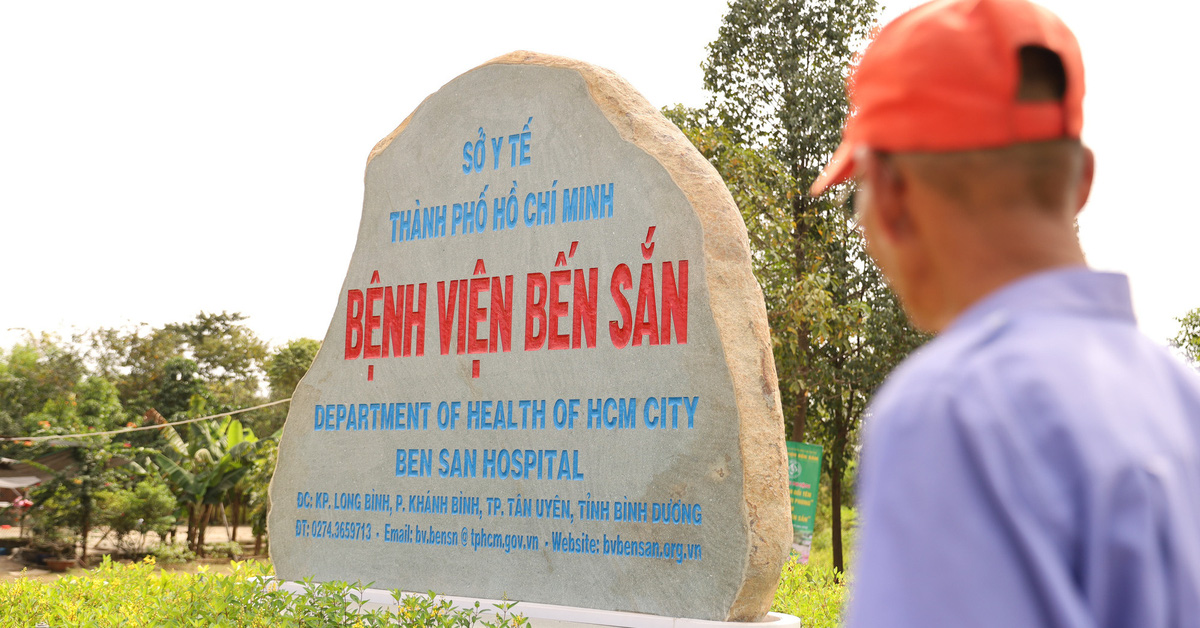


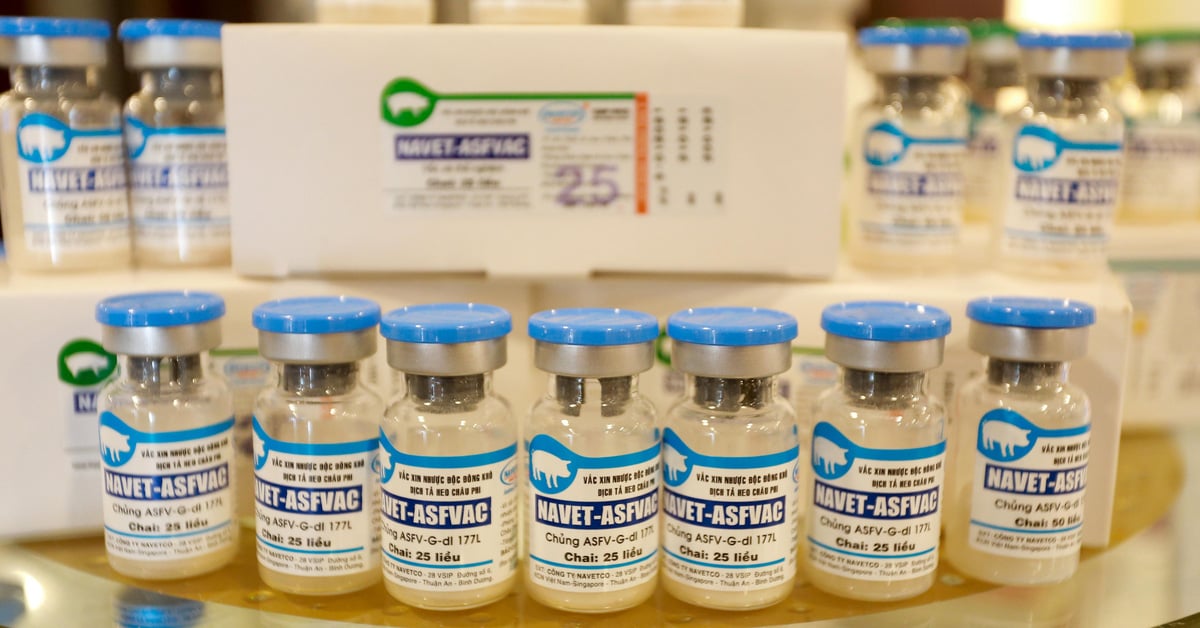

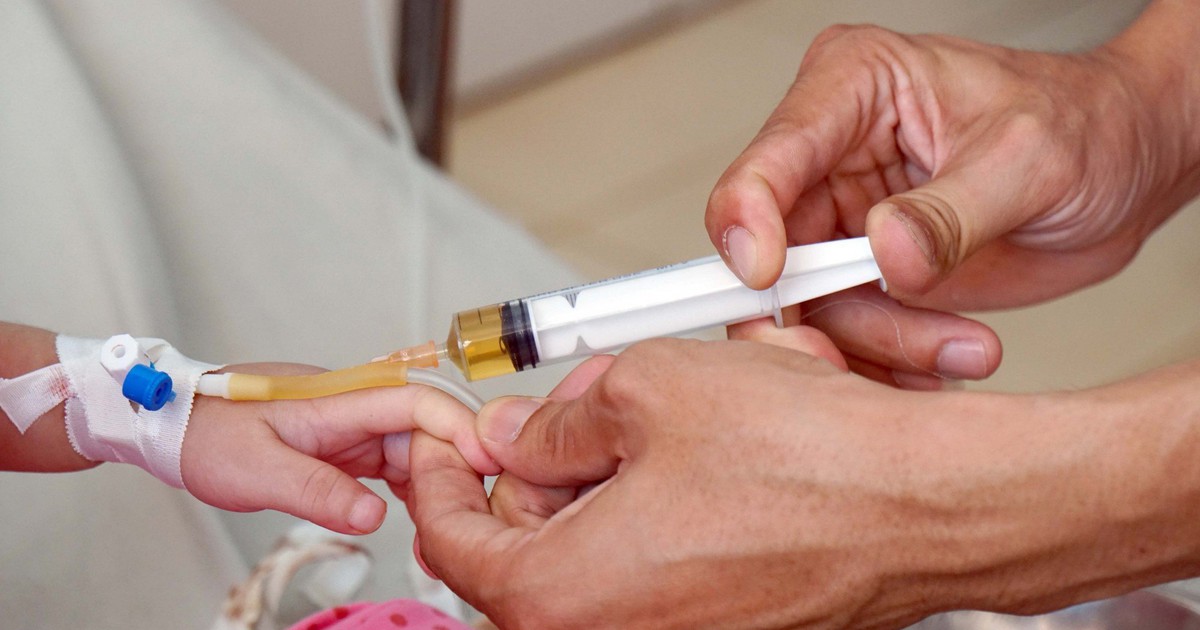



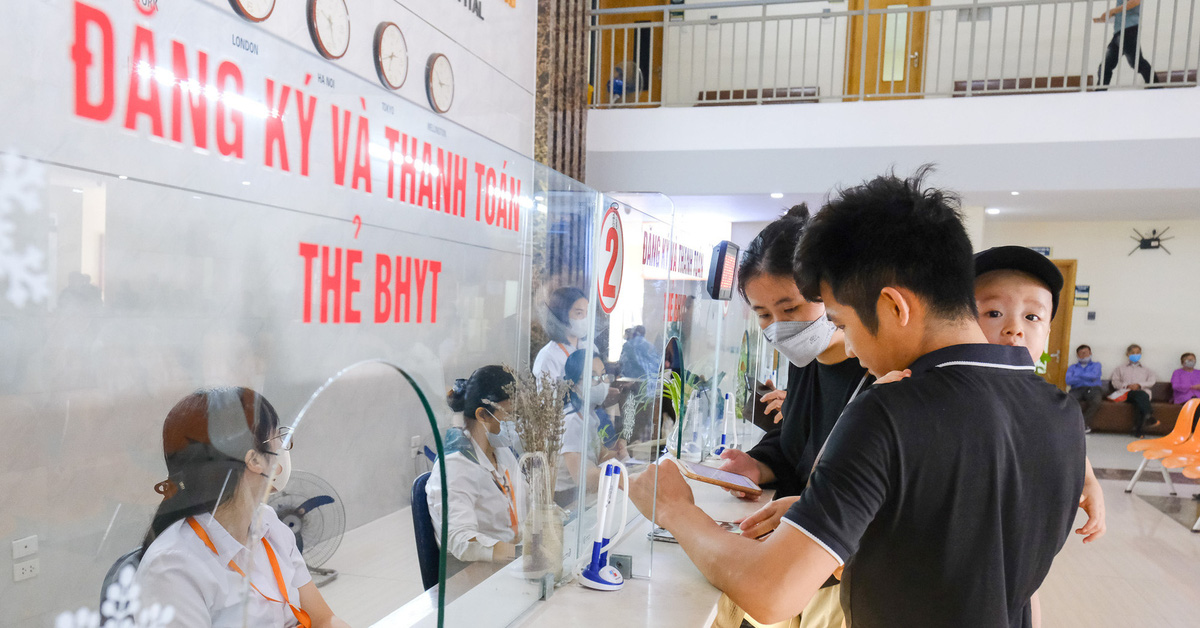
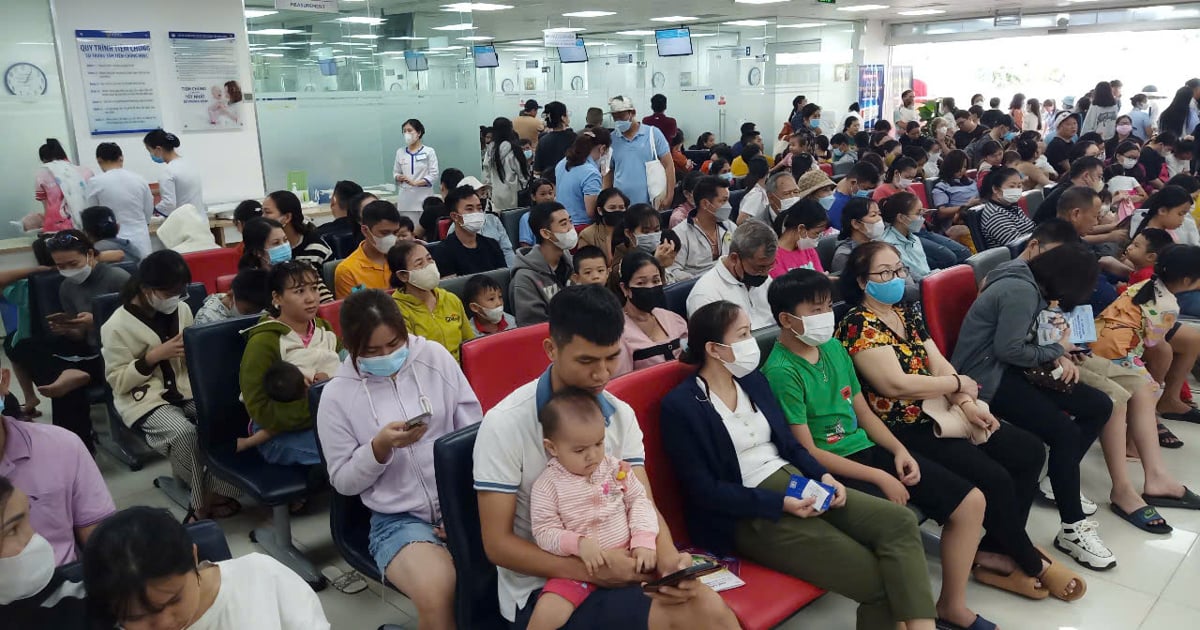





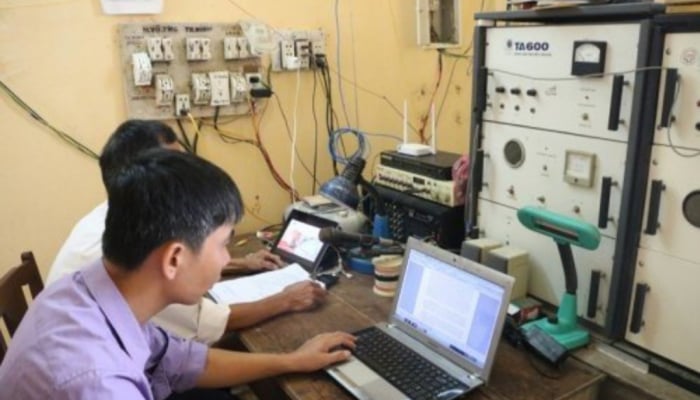
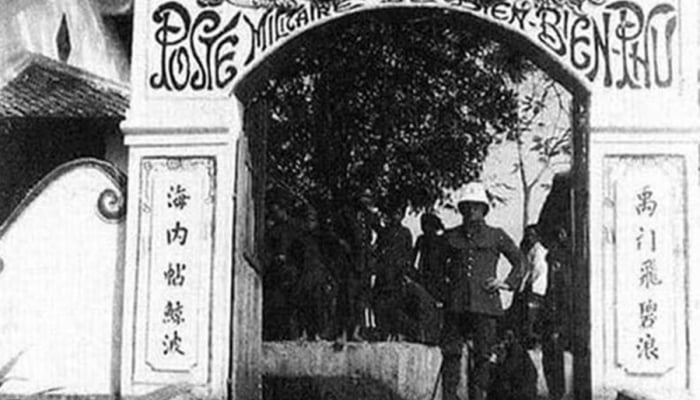















Comment (0)